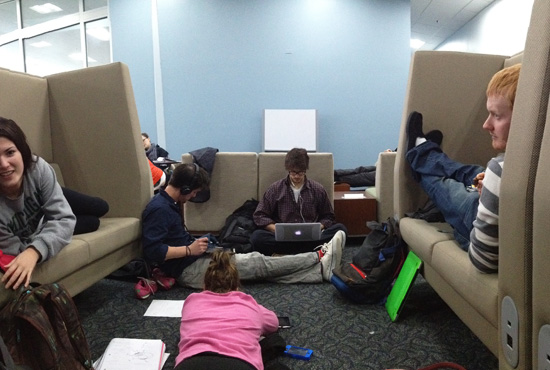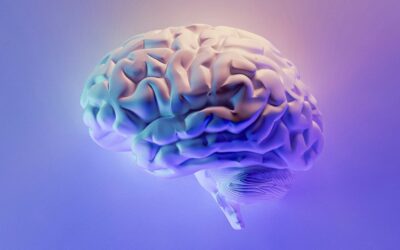Living in Elmhurst, a suburb 15 minutes from school and 20 from Chicago, has its benefits. Everything from the Metra station to the grocery store is easily walkable. So, it was no surprise that I found myself walking, as I often do, to the opulent Elmhurst Public Library to study. The weight of my backpack–loaded with books, my trusty iPad, and reams of notes–filled me with nostalgic memories of ruck movements and hikes in the Marine Corps. Things were feeling good, and going even better, as I took my normal spot by the window overlooking the park. I took an indulgent sip of coffee and was struck by a horrific realization….it’s Week 4!!

Here at National University, passage of time is measured not in hours, days, or months, but in weeks. So the arrival of Week 4 essentially means that my classmates and I are staring directly into the ravenous maw of midterms. Some say that having a few classes in which we have 3 exams is a positive because it spaces out midterms a bit. Others say that position is rubbish because it only serves to extend what could be one week of exams, into 3. I say, “Who cares?” And I truly wouldn’t care, if only I would follow my own advice a bit more often. With proper time management from day one, study time and learning can be easily parsed out into manageable chunks. I have found, time and time again, that briefly looking over material before it’s presented in class, and then outlining the pertinent information after class, is the most effective method of learning.
Finding an effective study strategy is imperative to do well in this program. Rote memorization is extremely ineffective for grasping and retaining the complex interconnections between subjects, concepts, and “the big picture.” It’s easy to get lost in the minutiae of the sciences, but the details are useless unless you know how they fit and interact with the big picture. So, while studying, I always take a minute to think about what the organism is trying to do as a whole. How do the processes or structures I’m studying serve the organism’s goal? How do they help achieve homeo- or allostasis? Keeping these things in mind helps streamline learning into a logical, conceptual construct that one can think through, rather than each piece of information being an island unto itself.
Now, if you’ll excuse me, I have more coffee to sip and a park to look at wistfully amidst my studies. After all, it is Week 4.




0 Comments